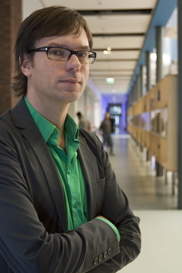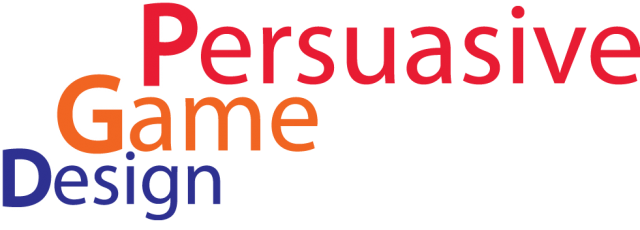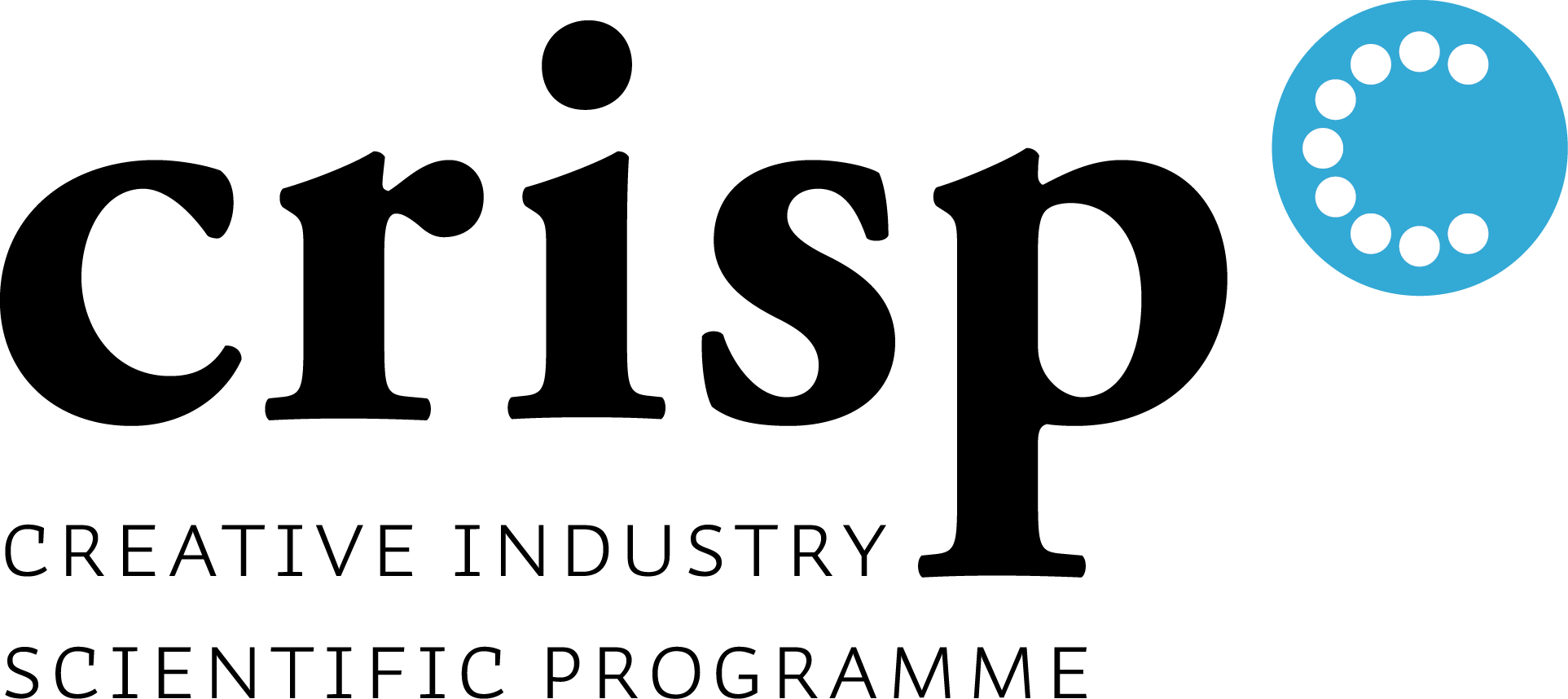 My focus is on designing the tools children’s play. Though play is a very common phenomenon, it appears quite hard to grasp and design for. Often, the aims for play seem based upon adult perspectives and value systems rather than on children’s authentic needs and desires. As a researcher, I am interested in helping designers to understand and empathize with children’s worlds of experiences, their needs and desires and how to facilitate these within play. Contextmapping and related approaches can be used to explore children’s perspectives on themselves and the world they live in. I participate in projects that aim to adopt and extend Contextmapping techniques for use with child participants.
My focus is on designing the tools children’s play. Though play is a very common phenomenon, it appears quite hard to grasp and design for. Often, the aims for play seem based upon adult perspectives and value systems rather than on children’s authentic needs and desires. As a researcher, I am interested in helping designers to understand and empathize with children’s worlds of experiences, their needs and desires and how to facilitate these within play. Contextmapping and related approaches can be used to explore children’s perspectives on themselves and the world they live in. I participate in projects that aim to adopt and extend Contextmapping techniques for use with child participants.
Play is also a very multi-faceted phenomenon, that still causes a lot of debate and disagreement amongst play researchers within the social sciences. I contribute to making theories on play more understandable and applicable to designers. Lately, my focus has been on the merits of Reversal Theory for designers. This theory stresses the dynamic nature of human motivation rather than fixed character traits and opens up a view of variability of motivations and emotions that suits playful behaviour very well. I am also interested in the balance between conformist and non-conformist behaviour within play; playing by the rules versus rebellion.
Currently, I work on a toolkit to observe and gain insight in the potential richness of qualities of play.
My research activities are closely linked to and inspired by my teaching in design for children’s play. Apart from my academic work, I also work in practice as a designer of products for children’s play.


